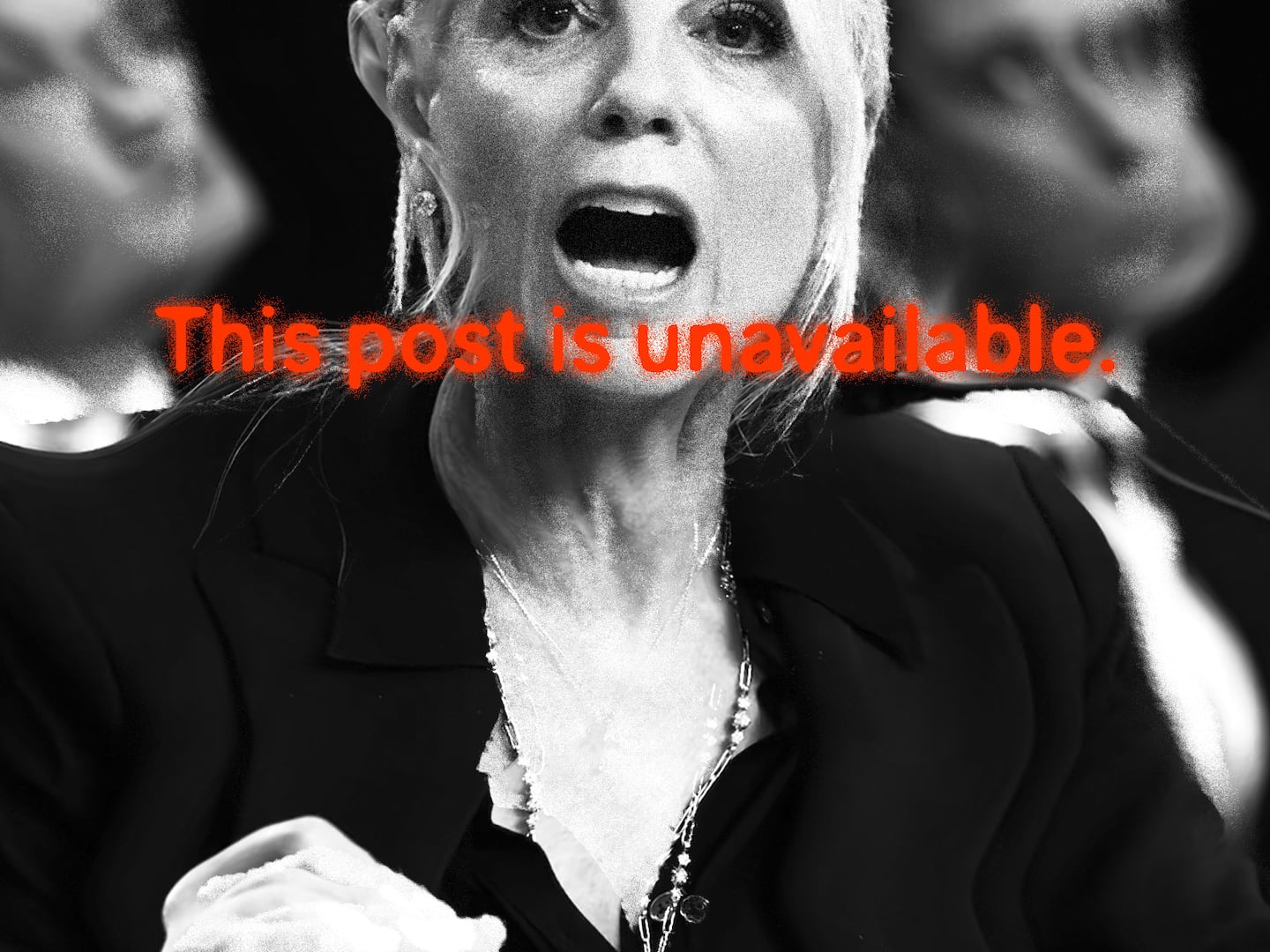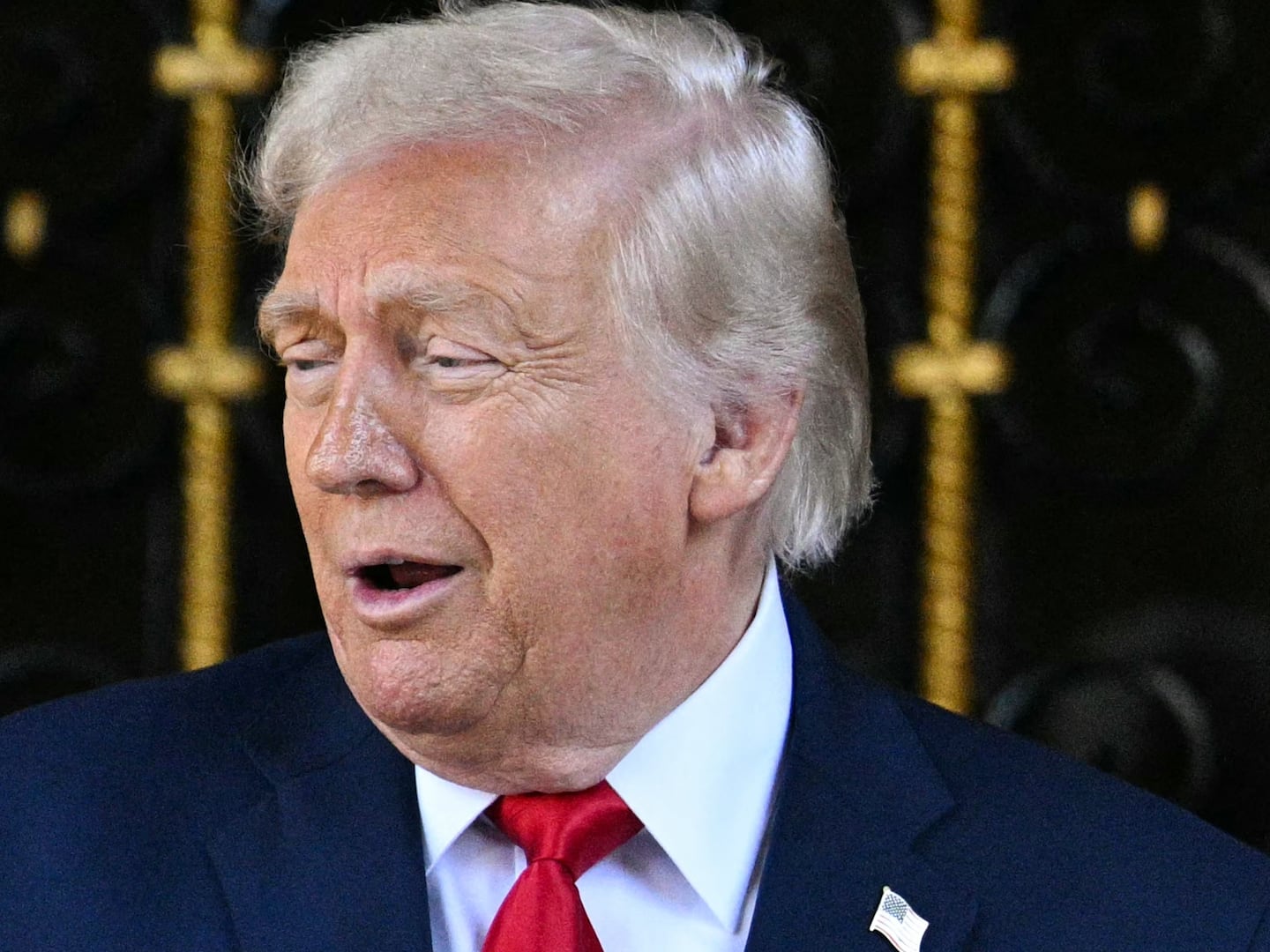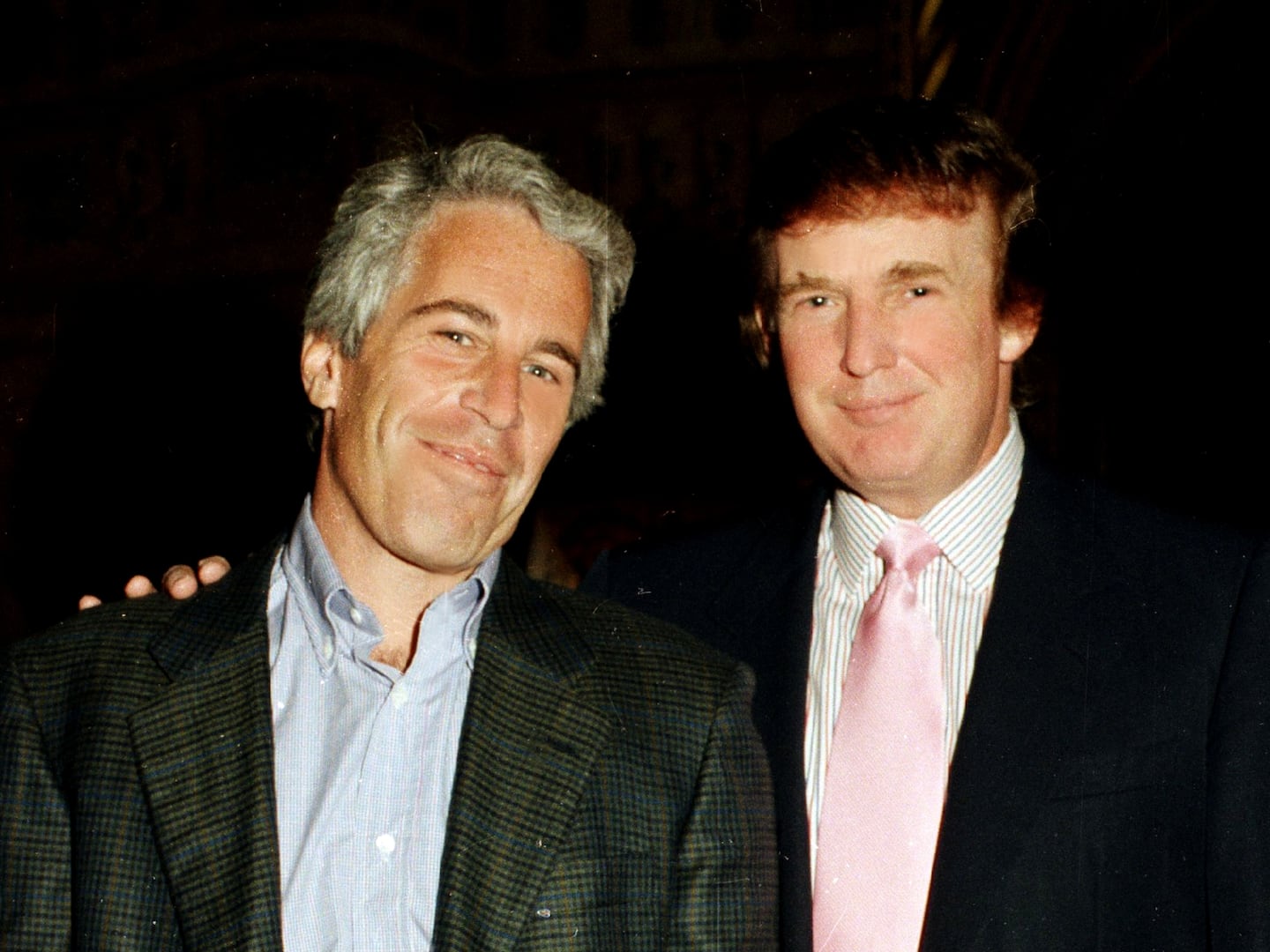David and Charles Koch, the billionaire brothers who fund a number of libertarian causes, are rumored to be interested in buying the Tribune Group, which includes the LA Times. (Full disclosure: my husband received a one-year fellowship from the Charles Koch Foundation, and works for Reason Magazine, which I believe receives some funding from David Koch.) As you can imagine, this has stirred up quite a bit of anxiety in some quarters. Steve Pearlstein, the Washington Post's liberal business columnist, has suggested that perhaps the LA Times staff should threaten to quit if the Kochs buy the paper.
But regardless of labor action, my former colleague, Garance Franke-Ruta, writes that the Kochs effort is doomed. Newspapers are liberal because their audience is liberal, she says. And they're staffed by the people who live in cities, who are also liberal.
A friend who is 1) not liberal and 2) not in the news business asks me what I think of this. Is it really impossible to imagine a conservative newspaper?
Why no. I don't have to even imagine. The Wall Street Journal and the New York Post spring readily to mind. So do smaller papers from smaller cities, like New Hampshire's Union Leader.
Moreover, while the urban demographic does skew liberal, the bright red line for most of that demographic is social conservatism, not free-marketeers. And the Kochs are not, as far as I know, much interested in social conservatism. You certainly don't fund a magazine like Reason if you're against gay marriage and for the War on Drugs. Don't get me wrong: most urbanites are liberalish on government spending, too. But they're not offended by it, the way they are by, say, vocal pro-lifers. And when their taxes go up, or crime gets bad, the average run of urban voter can sound pretty darn conservative. Most media organizations are probably to the left of their readership on taxes, spending, and crime.
Matt Welch, my husband's editor-in-chief, makes this point rather vividly:
Well, let's take as a test the largest city in America you might describe as right-of-center: Houston. Fourth-biggest city, 12th-biggest daily, 7th city ranked on the largest-dailies list, politically mixed but a whole lotta conservatism headquartered and represented. Famously hostile to zoning, friendly to business. Are those politics reflected in the Houston Chronicle?
My exposure to the paper is very limited (and very positive, for what it's worth), but I don't recall any particularly conservate or libertarian point of view, or reputation thereof.
He also points out that in fact, many newspapers used to be conservative. But the media consolidation of the 1950s, when the rise television and radio drove most cities down to a single daily, actually gave newspapers considerable freedom to ignore the preferences of their readership. Not entirely; in most places you could not endorse the student riots, or communism. But you could afford to drift to the left of your readership as long as you maintained an agreeable tone about it. What were the readers going to do about it? Go without a newspaper?
By drifting left, arguably, newspapers opened up competitive space for explicitly conservative forms like talk radio. Did that hasten the demise of the local dailies? Conservatives like to claim so, but frankly I doubt it; the big problem for the dailies has been the loss of advertising revenue to the web, not the loss of readers to same. But by the same token, I think Garance exaggerates the difficulty of staffing and selling an LA Times with a more conservative op-ed page, or set of story choices. Welch argues that there was considerably more viewpoint diversity in the 1940s than there is now. I see no particularly reason to think that there couldn't be again.





